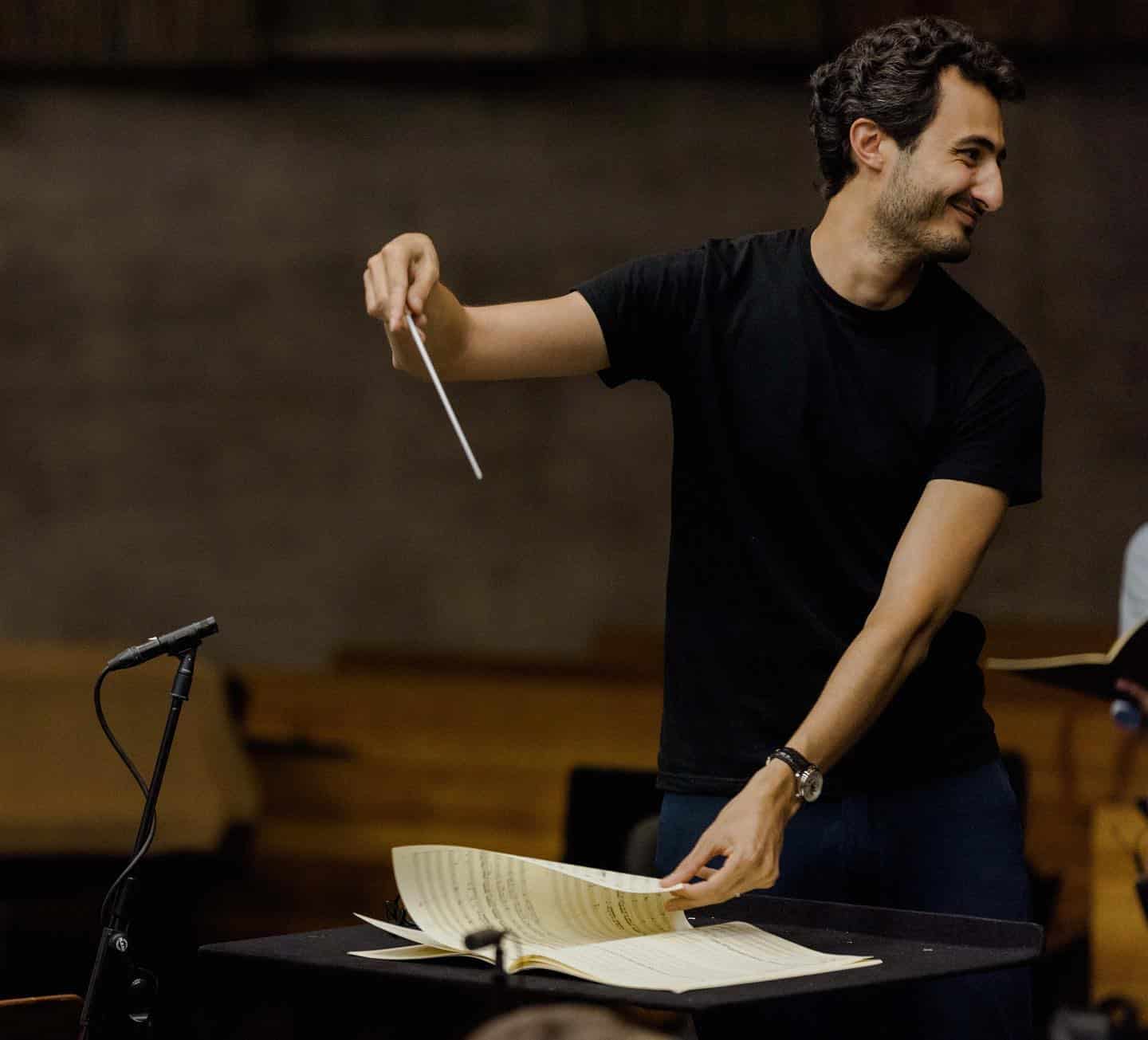What a record producer does: ‘I give the artists back their ideal interpretation’
mainMichael Fine, former head of Deutche Grammophon G and now a world-travelling independent record producer, attempts to explain a difficult role.


Michael Fine, former head of Deutche Grammophon G and now a world-travelling independent record producer, attempts to explain a difficult role.

Boston Symphony pulled one out of the fire…

From NPR LA: The Long Beach Opera has…

Memo to Peter Gelb: Don’t read the Opera…

The Berlin State Opera communicated tonight that its…

Session expired
Please log in again. The login page will open in a new tab. After logging in you can close it and return to this page.
As a composer, I’ve been very privileged to work not only with fabulous players but with some wonderful producers, especially Judith Sherman and Zdeněk Zahradník (with whom I could only converse by pointing at notes in the score, as his languages were Czech, Russian, and broken French). During recording, the producer mediates between the live performance and the subsequent audio-editing process. Fine’s comment that he seeks to give the player their own ideal interpretation seems right on the mark here. Contingencies may make a few notes come through the microphones sub-optimally here or there in an otherwise perfect performance, and a producer, even more than a conductor or performer or the composer themselves, is tasked with noticing those and developing a strategy of re-recording the passages around those notes so perfect notes can be edited together.
In this way, I suppose, great classical producers are very different artists from, e.g., people like Phil Spector, who more or less stamps his identity and his re-orchestration on his recordings.
I enjoyed this interview very much.
I’m reading John Culshaw’s memoir ‘setting the record straight’ at the moment which in some ways documents the high point of the recording industry. Culshaw didn’t work with Solti on his Mahler projects as the composer was a blindspot for him.